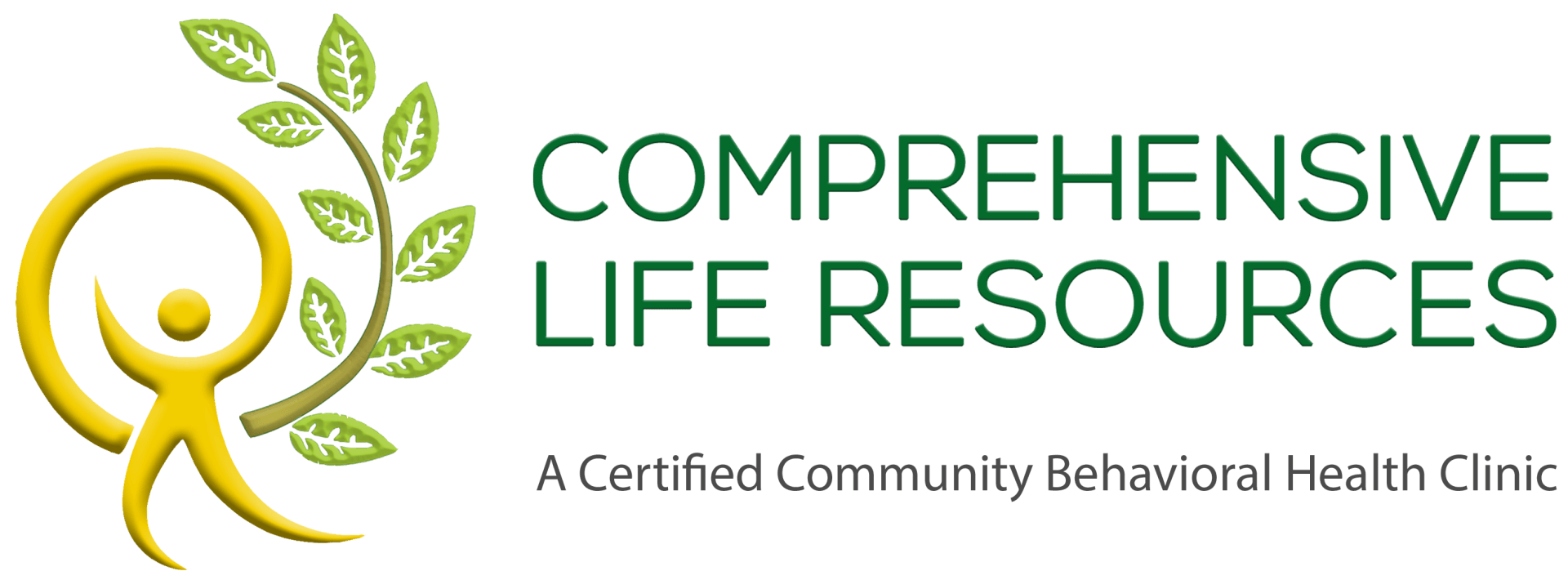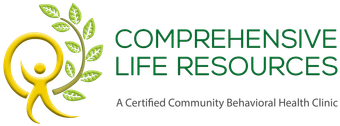ABOUT US
We are a team of therapists, doctors, peers and technicians who provide counseling, medical, dental, and life skills support to equip the people we serve with tools to create their own paths toward mental wellness.
We were the first in the Puget Sound region to achieve a Certified Community Behavioral Health Clinic designation from the federal government.
OUR MISSION
Comprehensive Life Resources provides whole health services that help Pierce County adults and youth recover from mental distress. We are an incubator for practice innovation and advocate for policies and health care reforms that improve the behavioral health system for the community and individuals we serve. We invest in and partner with youth and adults (our clients) on their path to health and well-being.
From Our CEO Kim Zacher
It’s been nearly 15 years since the passing of the Affordable Care Act and 17 years since the passage of The Mental Health Parity and Addiction Equity Act. These two bills fundamentally changed Americans' access to behavioral health care for the better.
Nearly all of us have lived experience with behavioral health challenges and treatment, either ourselves and/or through our close relationships. Investment in research and services have expanded effective interventions and with Gen X leading the way, we have worked incredibly hard to reduce stigma.
This is not to say that we have achieved all of our goals. The behavioral health safety net system is still incredibly underfunded, leading to large pay disparities between professionals who work at agencies like CLR and those in hospital systems and private practice. Commercial health insurance plans and Medicare have resisted paying for home-based intensive integrated services like WISe and PACT, care coordination, and peer support. This, along with archaic rules about who can bill those plans, creates barriers for many needing help.
The positive news is that law makers, with a big push from all of us, are starting to tackle some of these structural challenges through transformation like the Certified Community Behavioral Health Clinic model. I am optimistic that over the next five years we will continue to see policies and investments aimed at ensuring everyone has better access to high quality, affordable treatments.
While it is vitally important that we continue to advocate for access to treatment, I would propose that it is time to turn our attention to the most overlooked part of the health system, and that is prevention. In the 2024 Mental Health America “state of mental health” report, over 20% of Americans reported experiencing a mental illness, 20% a substance abuse issue and 2 in 5 high school youth reported feeling sad and hopeless in the last year. The World Health Organization estimates that nearly a billion people around the world live with a diagnosable mental disorder.
While the pandemic did us no favors – our sociologist colleagues warned us that COVID would have generational impacts and we will need to continue to focus on academic and social recovery for our kids and support the many among us who have new chronic health issues caused by COVID – rates of depression and anxiety have been climbing for a decade.
The US Surgeon General has outlined several priorities directly aimed at improving our mental health— including boosting social connection, addressing firearm violence, getting kids off social media (adults, too, frankly), supporting our “sandwich generation” of caregivers, and boosting our overall general health.
In 2021, CLR was awarded a Certified Community Behavioral Health Clinic SAMHSA expansion grant. This marked our formal transition to a whole-person care approach where we focus not only on behavioral health symptoms, but also physical health, nutrition, financial stability and housing, cultural connections, one’s sense of purpose and connection to others. It is only by seeing our mental health as one element of our complex modern lives that we can support our clients and ourselves in sustained mental wellness. Washington State was recently awarded a SAMHSA CCBHC planning grant to ensure that the CCBHC model is made a permanent part of our statewide behavioral health system.
The experience of seeking services where not only do we trust you to be the expert about what you want and need, but are also interested in your whole life, not just your anxiety or your mood disorder, can be disorienting. Most of us have become so accustomed to each of our health care providers caring ONLY about the appendage or organ they are focused on.
Don’t be surprised when you come to CLR and we want to talk about how much you are on your phone or how often you take a walk outside or what food you eat. We promise – no judgement – we are all living in the same complicated world that often asks of us the exact things that take away from our mental health. AND – as we have seen by fighting stigma and advocating that mental health be taken seriously as a health condition, we can change attitudes and policies.
Human beings are built to be resilient and to adapt as our world evolves – but at our core our basic needs remain the same. By taking a whole person approach to behavioral health our goal is not just to support you with the problem you are facing today but to help you build skills and knowledge that supports you for your whole life.
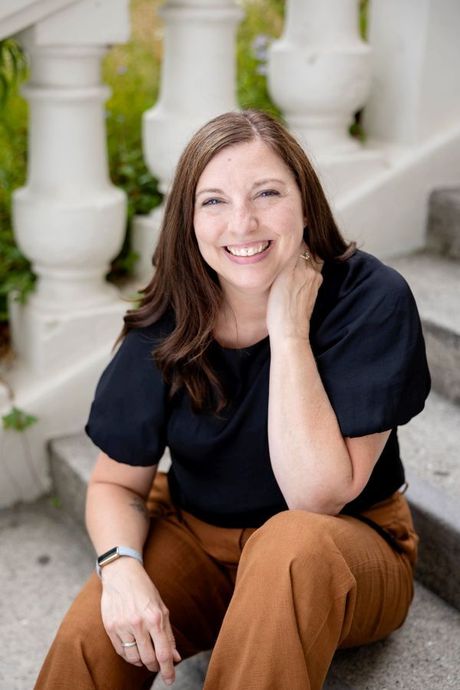
Board of Directors
Timm Dowling
President
Scott Handler
Vice President/Secretary
Rebecca Pumpian
Treasurer
Chris Kreifels
Board Member
Christie Steele
Board Member
Corey Darlington
Board Member
Jeffery Bryant
Board Member
Jessie Wells
Board Member
Jim Wolch
Board Member
Josie Johnston
Board Member
Kari Moore
Board Member
Keith Mars
Board Member
Kelsey Potter
Board Member
Tracey Sorenson
Board Member
EXECUTIVE TEAM
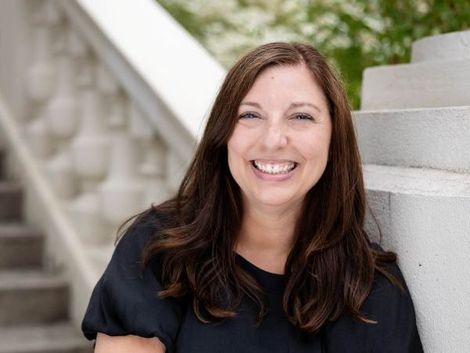
Kim Zacher
Chief Executive Officer & President
Kim has been CLR's top leader since 2016.
“Early in my career, the residential counselors taught me so much - how to laugh and find joy in this work, how to get back up when bad things happen to the clients we care about and why donuts in the staff office are mandatory!”

Kymm Dozal
Vice President
Behavioral Health Operations
Kymm oversees Pearl Youth Residence, the PACT and MCIRT teams, and is a lead for major initiatives at CLR.
"One of my college professors told me about a degree called social work and that I did not need to take anatomy. I was sold. I realized how this path was exactly what I was looking for."
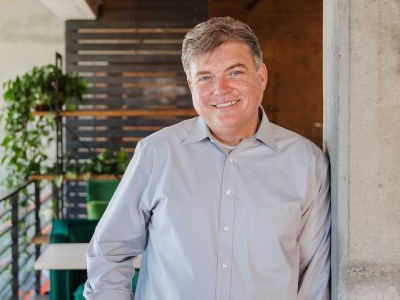
Aaron Forster
Chief Technology Officer
Aaron oversees the Health Information and technology support teams.
"I like applying my abilities and the use of technology to support programs that help the community. A lot of companies – especially in technology – don’t get see the direct benefit, and I appreciate that opportunity at CLR."
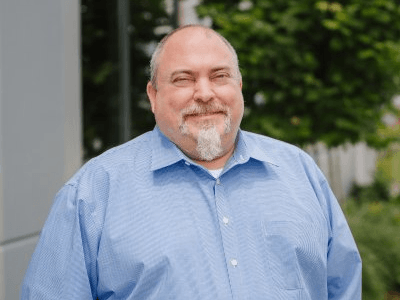
Dan Gehl
Chief Operating/Finance Officer
Dan oversees the organization's finance, IT and facilities departments.
"It is important to me to give back to the community we live in. I am proud of our work and know that our providers are delivering critical care to those in need throughout the county. It is great working with mission-driven and caring people. There is the opportunity to make a difference every day."
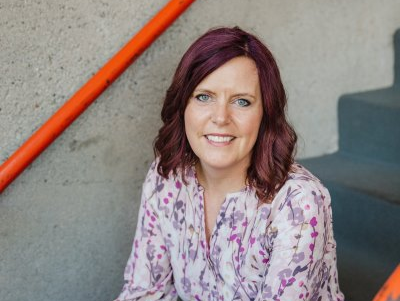
Christine Gleason
Chief Communications & Community Affairs Officer
Chris leads the communications, development and community relations work for the agency.
“I am honored to have the opportunity to shine light on an organization that contributes so significantly to our community's well-being, and am constantly in awe of the CLR team's deep commitment to the mission.”

Paula Henricksen
Chief Human Resources Officer
Paula leads the team of human resources professionals.
“I joined the CLR team because I wanted to work for a place that wasn't just about making money. I wanted to be part of an organization that would make a difference in people’s lives.”
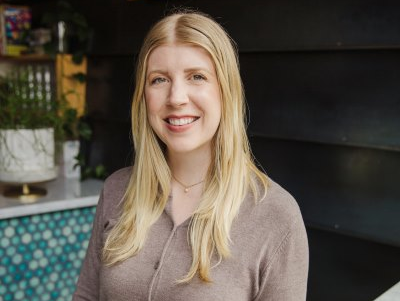
Brianna Lantz
Executive Assistant & Community Affairs Strategist
Brianna provides administrative support to the CEO, board of directors, and the executive team. She also provides communication and marketing support.
“I am grateful every day to be part of an organization that does so much for the most vulnerable in our community. It doesn’t feel like 'work' to lend support to a such a worthy mission.”
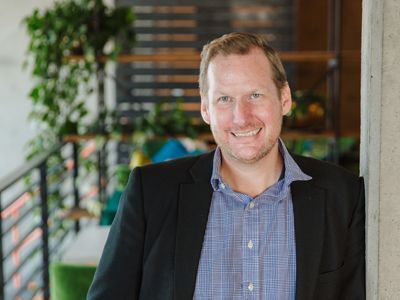
James Pogue
Vice President, Community Services
James' division includes the ROW and FHARPS housing programs, specialty behavioral health care for forensic and unhoused clients, outreach and the Park Place residential facility.
"Like so many who enter this field, I had personal experience as a child of the impacts of being raised in a home with parents who struggled with behavioral health needs. This led me to want to understand why the system wasn't able to address my parents’ needs and struggles."
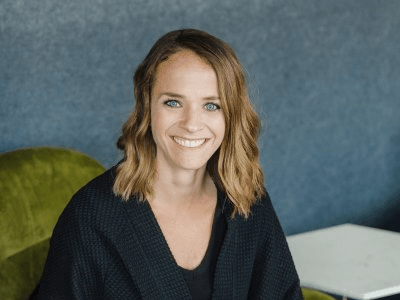
Beth Stone
Vice President, Clinical Services
Beth oversees oversees outpatient services, CLR's medical providers, integrated health services, WISe and customer services, which are all part of the Outpatient Division.
“Once at CLR, it was really the work and the people here that instilled and grew my value and passion to continue to work for and serve those who are in most need in my community.”
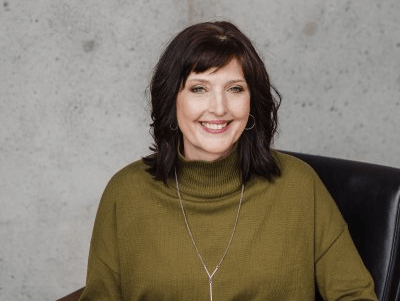
Kathy Hagen
Program Development Manager
and Implementation Consultant
For years, Kathy managed CLR's outpatient, Mobile Community Intervention and Response Team, First Episode Psychosis, Child Welfare, Program of Assertive Community Treatment, and Assisted Outpatient Treatment programs.
"I am passionate about system advocacy and reform. I hate how our society treats those with mental illness and I am committed to reducing stigma."
SENIOR LEADERSHIP TEAM
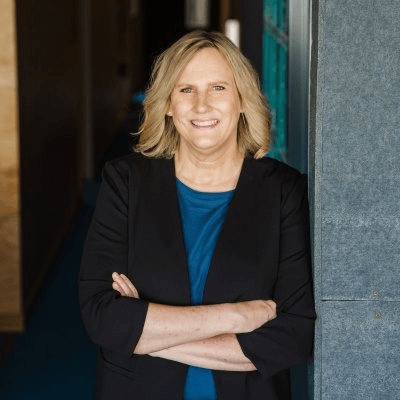
Traci Krieg
Senior Director
Adult Behavioral Health
Traci manages the adult outpatient, Program of Assertive Community Treatment and Mobile Community Intervention & Response Team programs.
“I have a passion for all populations, which has been hard in some ways because I want to work with all of them all the time. I believe in nonprofit and helping our most vulnerable populations. CLR’s philosophy of care has particularly aligned with my own.”
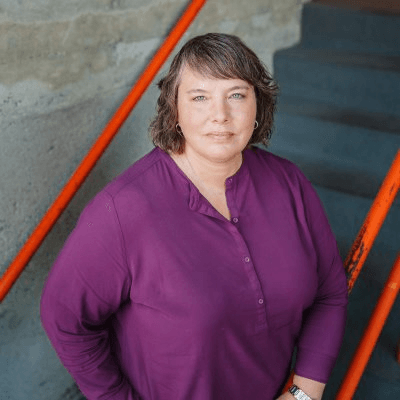
Jodie White
Senior Director
Adult Residential Services
Jodie leads the adult intensive residential treatment program - Park Place.
“I believe in recovery, and that people are capable of returning to a place in their lives where they can experience success and joy by regaining control over things they have once lost.”

Julie Bradley
Employee Support & Development Coordinator
Julie leads employee trainings and provides mentorship to interns and peers.
“From early teenage on, I have had personal experiences with both very good and very bad mental healthcare providers. This likely was the germ of an inner vision of possibility - maybe my life could be spent somehow trying to help others have their best life, or at least minimize suffering.”
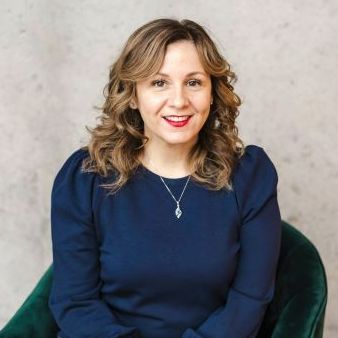
Mandy Bjork
Administrative Services Director
Mandy manages contracts, risk management and compliance.
“I love working at CLR because of the creativity, positivity, compassion, empathy, and service leadership. Much of the experiences and knowledge I have acquired over my years comes from my coworkers, and that makes me want to stay, knowing together we are making a difference for others.”

Reneishiah Davis
Human Resources Director
Reneishiah provides HR consultation and mediation for managers and employees.
“I have always felt a desire to help people and be that source where at the end of the day, someone can leave from my presence saying that I genuinely was there for them in a time of need.”
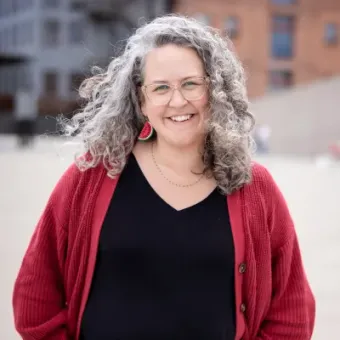
Whitney Faulkner
Pearl Youth Residence
Program Director
Whitney leads the team at CLR's youth residential facility, Pearl Youth Residence.
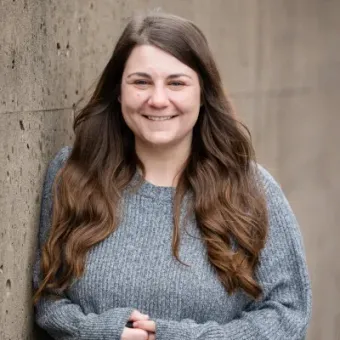
Ashley Harris
Outpatient Services Director
Ashley leads CLR's WISe (Wraparound with Intensive Services) team.
"The stories keep me here. Watching families succeed, working with my staff, and witnessing their care and dedication to mission is just amazing.”
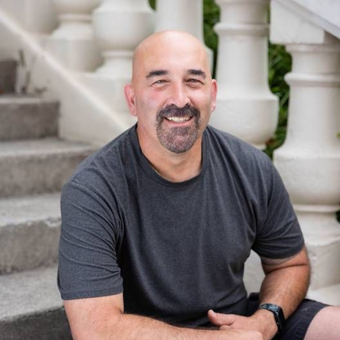
Peter Harrison
Facilities Director
Peter oversees the maintenance of CLR's four buildings and properties.
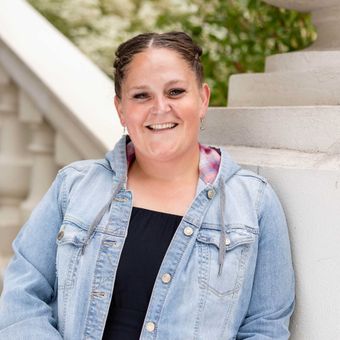
Sonja Nikiema
Forensic Services Director
Sonja leads the team that supports people exiting the criminal justice system.
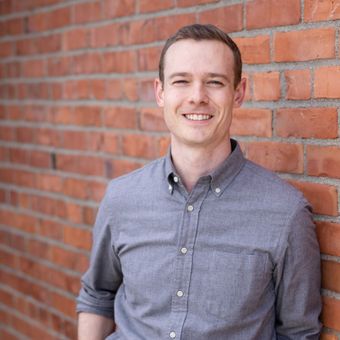
Shane Verhoef
Medical Director
Shane leads CLR's psychiatric medical team.
“CLR’s heart is in the right place. With most people here, there isn’t the same level of being skeptical or snarky, or jaded like you might see in other places. People here seem to find value and purpose in their job.”

Tim Rasor
Controller
